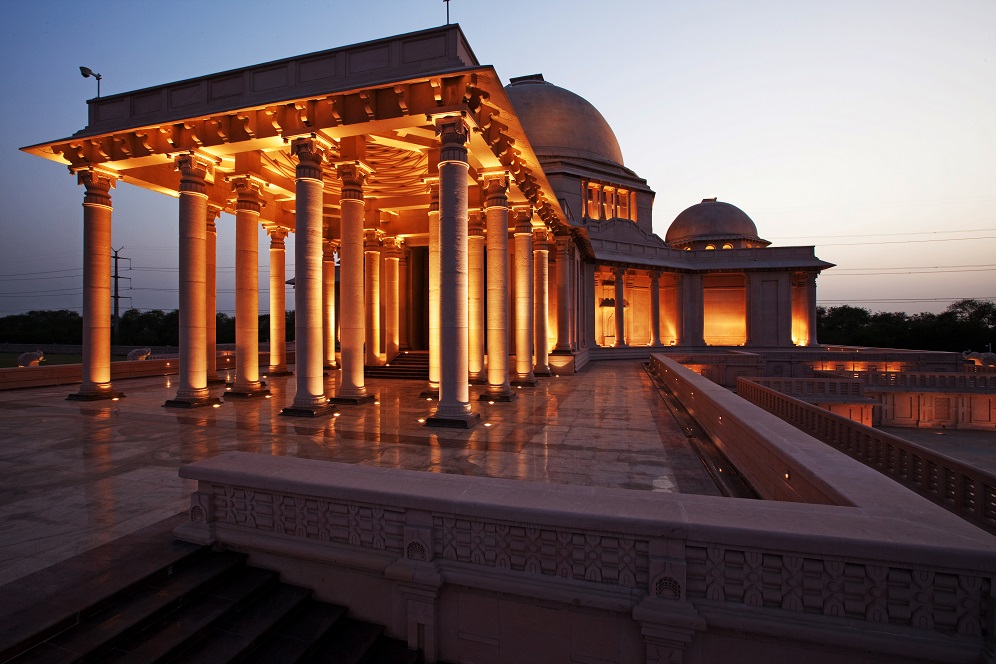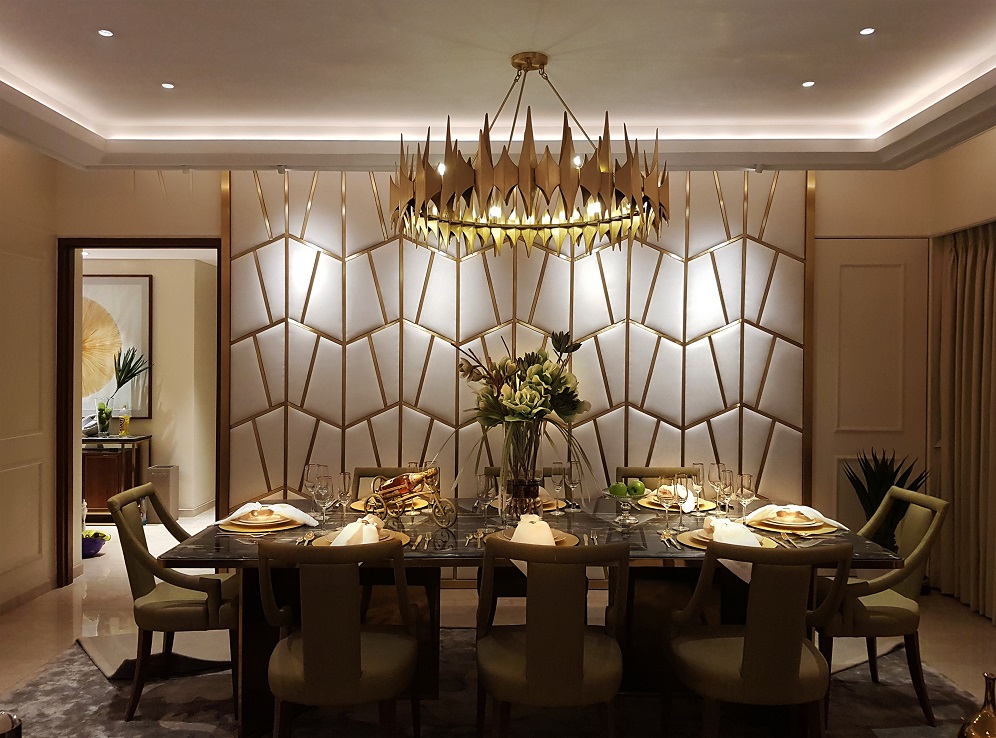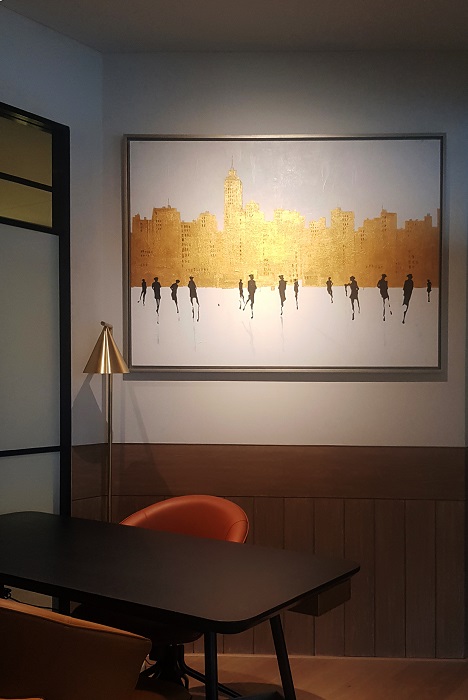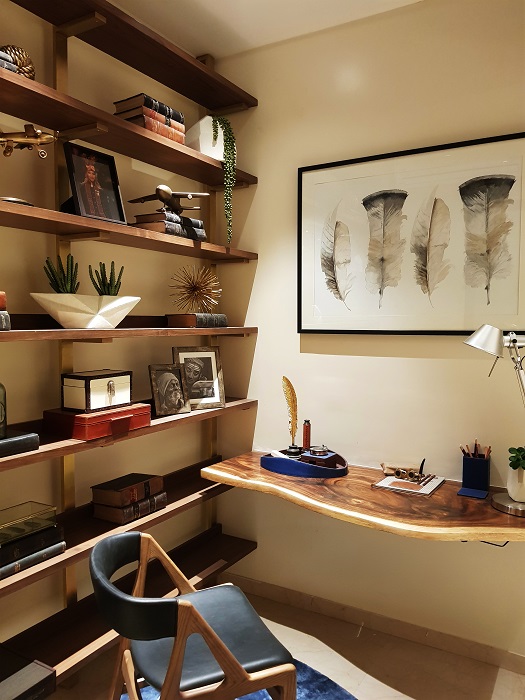Effect of lighting design on human psychology
Text: Mr. Vikram Jain, Director, Innovative Lighting Designs Limited, New Delhi
Today, we spent most of our indoor time in natural and artificial light. Light adds definition to spaces, accentuating textures, layers, and colors. Apart from that, it comes with several biological and psychological benefits for occupants – cementing its role in spatial design apart from aesthetic effects. As we are not biologically built to live in artificial lighting, natural light directly impacts our circadian rhythms. The right circadian rhythm ensures sound sleep, a balanced mood, improved cognition, and overall wellbeing. Research shows a clear relationship between good lighting and elevated moods, energy, concentration, and appetite levels.
To promote a healthy circadian rhythm even in artificial lighting, one must maintain an ideal color temperature by imitating the natural light cycles throughout the day. Cooler and brighter lights are recommended during the day, while warmer and dimmer ones are better suited for evenings and nights. Cooler lights stimulate the senses for focused activities such as reading, working, and cooking. Installing them in study rooms, offices, kitchens, and libraries improves productivity and attention. Blue light is harmful when not used optimally, which is why experts warn against computer screens and smartphones before bedtime.
Warm yellow tones resemble sunrise and sunset, and people in the earlier were not used to high-intensity light after dark. They induce calmness and peace in a comfortable environment, which aids the body in relaxing at night.













